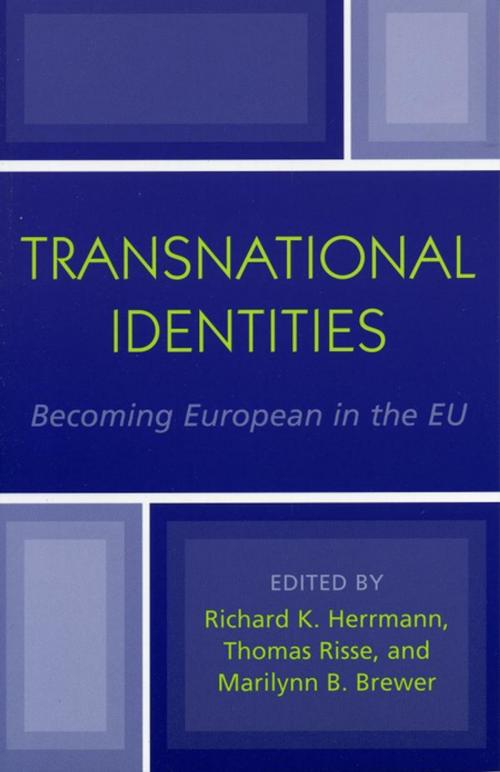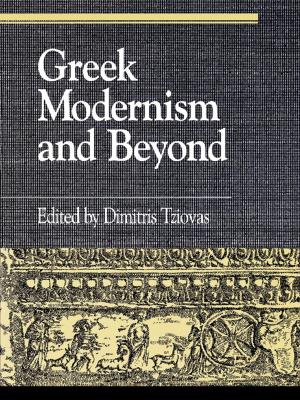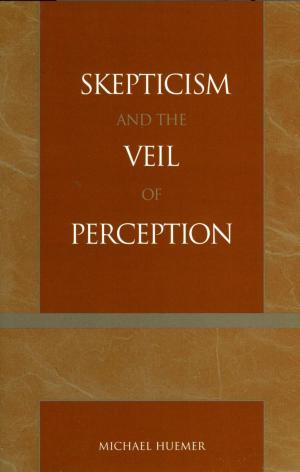| Author: | Glynis M. Breakwell, Michael Brute, Emanuele Castano, Jack Citrin, Brigid Laffan, Ulrike Hanna Meinhof, Jean Monnet, Amélie Mummendey, Eugenia Siapera, John Sides, Sven Waldzus, Ruth Wodak, Emeritus Distinguished Professor and Chair in Discourse Studies, Lancaster University | ISBN: | 9781461646365 |
| Publisher: | Rowman & Littlefield Publishers | Publication: | May 17, 2004 |
| Imprint: | Rowman & Littlefield Publishers | Language: | English |
| Author: | Glynis M. Breakwell, Michael Brute, Emanuele Castano, Jack Citrin, Brigid Laffan, Ulrike Hanna Meinhof, Jean Monnet, Amélie Mummendey, Eugenia Siapera, John Sides, Sven Waldzus, Ruth Wodak, Emeritus Distinguished Professor and Chair in Discourse Studies, Lancaster University |
| ISBN: | 9781461646365 |
| Publisher: | Rowman & Littlefield Publishers |
| Publication: | May 17, 2004 |
| Imprint: | Rowman & Littlefield Publishers |
| Language: | English |
This original work explores the increasingly important phenomenon of the formation of transnational identity. Considering the ongoing relevance of the European Union, the contributors ask a series of intriguing questions: Is a European identity possible? How are the various types of European identity formed and maintained? How are these identities linked to the process of European integration? Examining the psychological, institutional, and political mechanisms that encourage or impede identification with transnational groups, the book considers these theoretical questions in light of new evidence drawn from a rich body of primary research, including field experiments, in-depth interviews with elites, and public opinion surveys.
Brought together for the first time, social psychologists, sociologists, political scientists, and ethnographers share their theoretical and methodological perspectives in tackling the common issues surrounding the emergence of "European" as a political identity. Paying special attention to the role of the institutions of the EU, the authors investigate the impact of neo-functionalist strategies and find that the processes of identity formation are far more complicated than can be explained by material and institutional factors alone. The authors engage in a fruitful dialogue about how much a European identity exists and how much it matters as they delve into the sources of disagreement and their implications.
This original work explores the increasingly important phenomenon of the formation of transnational identity. Considering the ongoing relevance of the European Union, the contributors ask a series of intriguing questions: Is a European identity possible? How are the various types of European identity formed and maintained? How are these identities linked to the process of European integration? Examining the psychological, institutional, and political mechanisms that encourage or impede identification with transnational groups, the book considers these theoretical questions in light of new evidence drawn from a rich body of primary research, including field experiments, in-depth interviews with elites, and public opinion surveys.
Brought together for the first time, social psychologists, sociologists, political scientists, and ethnographers share their theoretical and methodological perspectives in tackling the common issues surrounding the emergence of "European" as a political identity. Paying special attention to the role of the institutions of the EU, the authors investigate the impact of neo-functionalist strategies and find that the processes of identity formation are far more complicated than can be explained by material and institutional factors alone. The authors engage in a fruitful dialogue about how much a European identity exists and how much it matters as they delve into the sources of disagreement and their implications.















